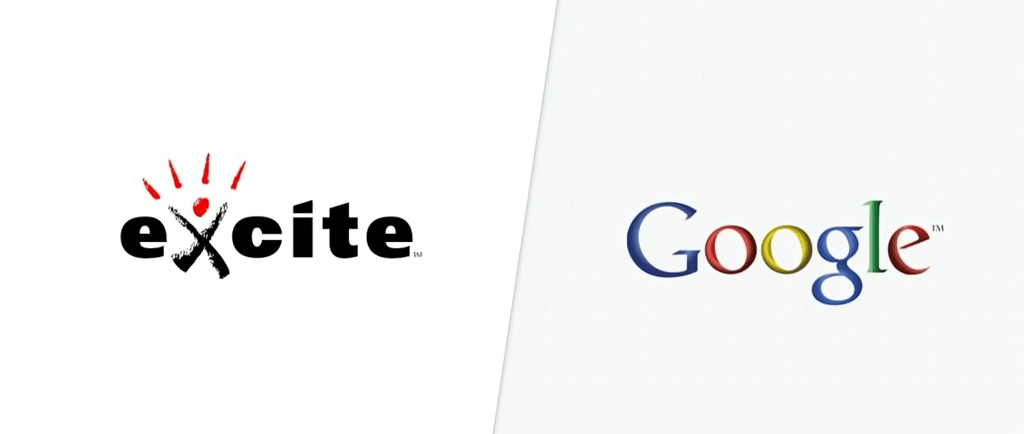Google’s Rejected $750K Sale to Excite
In 1999, Google’s founders Larry Page and Sergey Brin briefly tried to sell their search engine to Excite for under $1 million. Excite’s CEO George Bell, however, declined the offer—even after the price was reduced to $750,000. This post explores the backstory of that meeting: why Excite passed on the deal, how Excite later declined in the dot-com bust, and how Google went on to dominate search. The episode is often cited as one of the biggest “what if?” moments in tech history.
SUCCESS STORYBILLIONAIRESMART STRATEGY, MASSIVE GROWTH
Thrivevision
6/3/20252 min read


Google Meets Excite in 1999
By late 1998 Google (then still a Stanford project) was proving itself the fastest, smartest search engine around. Yet worried they were getting distracted from their studies, founders Larry Page and Sergey Brin consulted venture capitalists at Kleiner Perkins about an exit. One of the VCs arranged an introduction to Excite, a leading Internet portal at the time. In early 1999, Page and Brin offered to sell Google outright to Excite for $1,000,000. According to the popular account, Excite CEO George Bell declined. Undeterred, they dropped their asking price to $750,000, but Bell still refused.
Why Excite Said No
On its face, turning down Google seems unfathomable today, but the context explains Bell’s decision. In 1999 Excite was about the #2 search site in the U.S. (behind Yahoo), backed by Kleiner Perkins and flush with revenue. Bell even organized a head-to-head test of Excite’s technology versus Google’s, finding that results were not dramatically different from a user’s perspective. The real sticking point was control. Bell recalls that Page insisted any deal include Google’s engineers working for Excite and replacing Excite’s own search infrastructure with Google’s—a condition Bell interpreted as a full takeover. Excite’s board and Bell balked at essentially handing over their search division. As Bell later summarized, Larry Page had struck a price that was "really OK to us," but the requirement to "rip out all the Excite technology and replace it with [Google’s]" was unacceptable. In short, Excite passed because it was unwilling to let Google subsume its product – even though Page and Brin were amenable to a straightforward sale.
Consequences and Market Impact
In hindsight, the rejection is seen as a huge missed opportunity for Excite. Over the next two years, Excite struggled in the dot-com bust. In late 1999 it merged with @Home Network in a $6+ billion deal, but the combined Excite@Home went bankrupt by 2001. Excite’s portal was sold to iWon and eventually to Ask Jeeves (now Ask.com). The Excite brand never regained prominence. Meanwhile, Google kept growing. It raised about $25 million in new funding, continued to refine its search and advertising products, and went public in 2004. The results speak for themselves:
Google’s Success: Google’s 2004 IPO priced at $85 per share; by 2010 the company’s market value had soared to about $167 billion. As of 2025, Google processes nearly 90% of all global search queries.
Excite’s Decline: In contrast, by 2004 Excite had been folded into Ask Jeeves. The Excite.com portal still exists under IAC, but it commands only a fraction of its former traffic.
Industry Impact: Many observers call Excite’s decision one of the biggest blunders in tech history. Had Bell agreed to the deal, Google would have become part of Excite – possibly altering the search market entirely.
In the end, Page and Brin’s $750,000 sale never happened. Instead, Google’s founders doubled down on independence. Google’s explosive success – becoming synonymous with web search and growing into a $2+ trillion company – was shaped in part by this pivotal moment. Excite, once a high-flying portal, faded into the background, a cautionary tale of a deal that got away.
Inspiration
Explore success stories and motivational journeys today.
Growth
Vision
© 2025. All rights reserved.
